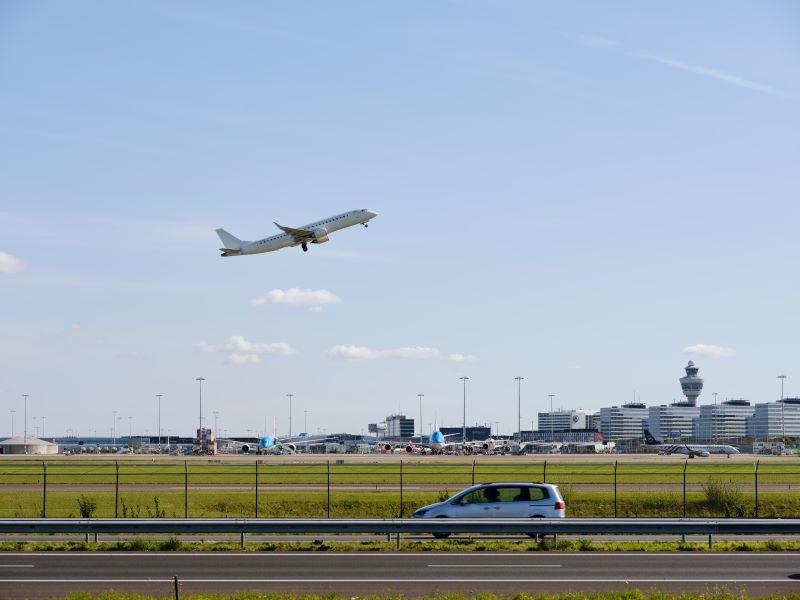
An Amsterdam appeals court has ruled in favor of a Dutch government plan to reduce the number of flights at Schiphol Airport.
The ruling overturns an April lower court decision, which found the state plan to limit annual aircraft movements from 500,000 to 460,000 by the end of 2023 had “not followed the correct procedure,” and would not be allowed to proceed.
“According to European rules, the state can only reduce the number of aircraft movements of an airport after going through a careful process,” the District Court of North Holland court wrote in April. “This process includes: the state must identify various measures that can reduce noise pollution, the State must consult all stakeholders and a reduction in the number of aircraft movements is only permitted if it is clear that other measures to limit noise pollution are insufficiently effective.”
In overturning the prior ruling, the Appeals Court said European rules cited did not apply, calling the measures a temporary short-term experiment in preparation for possible future adjustments. The government has expressed an intent of limiting flight movements to a maximum of 440,000 a year, with 460,000 as an initial cap.
“If the interpretation advocated by IATA and others were to be followed, including a short-term, clearly defined experiment such as the one in question covered by the Noise Regulation, that regulation would, in the court’s view, go beyond what is necessary and thus be contrary to the principle of proportionality under EU law,” the July 7 decision states. Noting that “considerable weight” was given in its assessment “to the interests of local residents,” the court adds: “It is important that this is a temporary approach to a complex problem.”
The Dutch government is looking to reduce noise at the airport by 20% during daytime hours, and by 15% overnight. Several carriers, including Schiphol-based KLM Royal Dutch Airlines, have voiced opposition, and argued for other measures to be taken into consideration including fleet renewals to quieter aircraft, more efficient processes, and schedule adjustments. On June 15, KLM submitted a plan to the Dutch Ministry of Infrastructure and Water Management, outlining the operational changes it said would allow for both noise and CO2 emission reductions while retaining its network.
In reaction to the Court of Appeals ruling, KLM expressed disappointment and sought clarity.
“The court does not specify in concrete terms how an experimental regulation can be applied,” the airline wrote in a statement. “As a result, it is currently unclear when, how and in what way the ruling will be implemented and what it means for the number of aircraft movements at Schiphol.”
The airline noted an intent to “continue to engage with other stakeholders in seeking the best way to reduce the number of people affected by aircraft noise.”
IATA—which had initiated its own legal challenge alongside Air Canada, Airlines for America, British Airways, FedEx, JetBlue, Lufthansa, United Airlines, and Vueling—said it is examining the ruling.
“The full impact of this decision on the planned capacity cuts is unclear and there are no established international processes for such a retrograde exercise,” IATA Director General Willie Walsh said. “We also urge the European Commission to defend its laws and air service agreements. And most importantly, we continue to ask the Dutch government to revert to the Balanced Approach, which is the most effective and only internationally accepted means of dealing with the noise concerns of the local community.”
Schiphol Airport says it expects further clarity from the state on the number of flights within two months.
“We need this to determine the capacity declaration for the 2024 summer season,” the airport said. “We believe that a new airport traffic decision should be drawn up as soon as possible with clear and enforceable environmental limits that give clarity and perspective to all those involved.”
In April, the airport announced several measures intended to take effect by 2025-26 to reduce noise and CO2 emissions. Those “far-reaching plans, including a night closure, banning private jets, and banning the noisiest aircraft,” would also proceed, the airport said.

